On November 15, the Ministry of Health held a seminar to provide information to the press about the current consumption situation, the harmful effects of sugary drinks on public health and the role of special consumption tax in controlling consumption.
On November 15, the Ministry of Health held a seminar to provide information to the press about the current consumption situation, the harmful effects of sugary drinks on public health and the role of special consumption tax in controlling consumption.
In recent years, the consumption of sugary soft drinks in Vietnam has increased rapidly.
According to Euromonitor 2023 data, total consumption of sugary soft drinks increased from 1.59 billion liters in 2009 to 6.67 billion liters in 2023, an increase of 420%. Per capita consumption also increased sharply, from 18 liters/person in 2009 to 66 liters/person in 2023 (an increase of 350%).
 |
| Ms. Dinh Thi Thu Thuy, Deputy Director of the Legal Department (Ministry of Health). |
The Department of Preventive Medicine also said that currently, Vietnamese people consume an average of about 46.5g of free sugar/person/day, nearly reaching the maximum limit of 50g/person/day as recommended by the World Health Organization (WHO). This consumption level is almost twice as high as the healthy level, which is less than 25g/person/day.
Ms. Dinh Thi Thu Thuy, Deputy Director of the Department of Legislation (Ministry of Health) shared that preventive medicine plays an important role in public health care. Investing in preventive medicine not only helps solve health problems but also brings socio-economic benefits and resource development in the future.
According to Ms. Thuy, consuming too many sugary drinks is identified as one of the main causes of overweight, obesity, and metabolic disorders in both adults and children.
This condition leads to increased rates of type 2 diabetes, high blood pressure, heart disease, stroke, and death, along with bone, dental, kidney, urinary, and gastrointestinal diseases.
Ms. Thuy said that imposing special consumption tax on sugary drinks is one of the important interventions recommended by WHO to reduce consumption and limit the harmful effects of sugary drinks on public health.
The tax will increase product prices, encouraging consumers to choose healthier drinks. This will help reduce the risk of obesity and diet-related non-communicable diseases, especially diabetes, which has been on the rise recently.
The Ministry of Health has closely coordinated with the Ministry of Finance in providing information on the current situation of use and harmful effects of sugary drinks. The Ministry of Finance has included sugary drinks in the taxable area in the draft Law on Special Consumption Tax (amended).
However, the imposition of special consumption tax on sugary drinks was first introduced in this draft Law, so it still faces many opposing opinions, mainly from the beverage industry.
The Ministry of Finance proposed a tax rate of 10% to encourage businesses to produce and import soft drinks with low sugar content, while raising consumer awareness of the harmful effects of sugary drinks.
However, the Ministry of Health said it proposed a 40% tax rate on sugary soft drinks, or 30% after gradually increasing to 40% according to the roadmap.
Additionally, the tax could be divided by sugar content to create different tax rates, similar to what other countries are applying.
At the seminar, MSc. Dr. Nguyen Tuan Lam, WHO representative in Vietnam, shared that diseases related to the regular use of sugary drinks such as tooth decay, type 2 diabetes, overweight, obesity, cardiovascular disease, kidney disease, non-alcoholic fatty liver disease, and gout are increasing rapidly.
Dr. Tuan Lam said that special consumption tax is an effective measure to reduce soft drink consumption and now is the right time to impose a tax on sugary drinks.
Dr. Tuan Lam proposed that Vietnam should adopt a roadmap for annual tax increases so that the tax on sugary drinks reaches 40% of the manufacturer's selling price by 2030, as recommended by the WHO. This would help protect the health of future generations.
At the same time, a favorable environment should be created to reduce the consumption of sugary drinks through measures such as front-of-pack labeling and advertising bans...".
The expert also emphasized WHO's recommendation to reduce free sugar consumption throughout life. Specifically, WHO recommends that in both adults and children, the amount of free sugar consumed should not exceed 10% of total daily energy intake, equivalent to 12 teaspoons of sugar.
Ideally, consumers should reduce their free sugar intake to less than 5% (equivalent to 6 teaspoons of sugar) of total energy intake, which will provide additional health benefits.
According to WHO recommendations, to reduce sugary drink consumption, retail prices of sugary drinks need to increase by 20% or more, equivalent to the excise tax rate on factory prices must be 40%.
This solution will contribute to improving public health, increasing budget revenue, helping to reduce health care costs for related diseases, and reducing long-term labor productivity losses.
Research conducted by the University of Public Health also estimated that a 40% tax rate would lead to reduced consumption and a 2% reduction in overweight rates, 1.5% in obesity rates, preventing more than 81,462 cases of type 2 diabetes and saving 24.55 million USD (more than 600 billion VND) in medical costs.
According to experts, tax is a low-cost but highly effective solution to reduce consumption of unhealthy products. This is also an effective preventive solution that has been recommended by WHO and World Bank (WB) for countries to apply.
Taxation should be based on a harmonious balance of interests among state entities, people and businesses, but special priority should be given to the goal of protecting health and sustainable development of the country, not trading people's health for profit.
Source: https://baodautu.vn/de-nghi-ap-thue-40-voi-nuoc-giai-khat-co-duong-d230138.html



![[Photo] Prime Minister Pham Minh Chinh chairs a meeting of the Government Standing Committee on overcoming the consequences of natural disasters after storm No. 11](https://vphoto.vietnam.vn/thumb/1200x675/vietnam/resource/IMAGE/2025/10/09/1759997894015_dsc-0591-jpg.webp)


![[Photo] Prime Minister Pham Minh Chinh chairs the Conference to deploy the National Target Program on Drug Prevention and Control until 2030](https://vphoto.vietnam.vn/thumb/1200x675/vietnam/resource/IMAGE/2025/10/09/1759990393779_dsc-0495-jpg.webp)

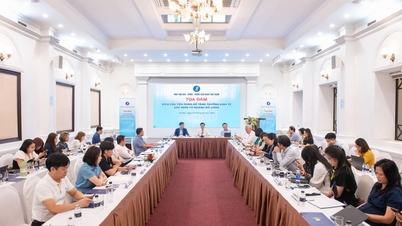

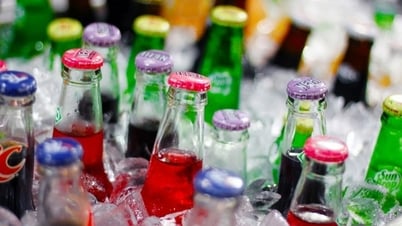

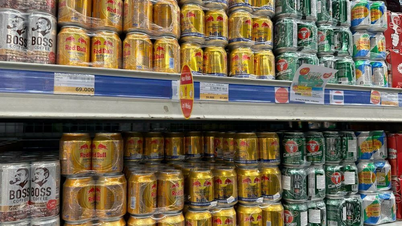

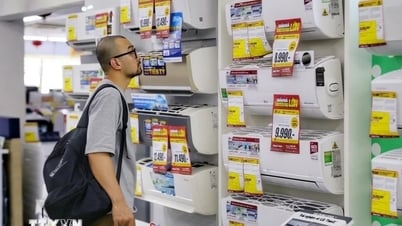



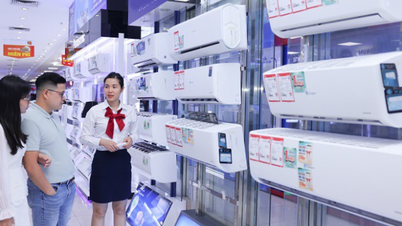




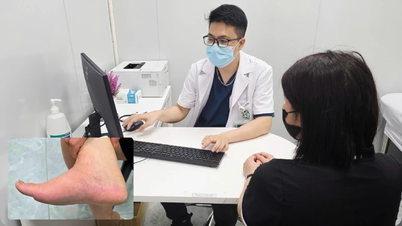




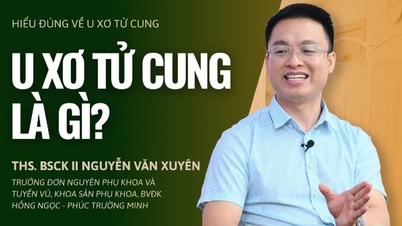

































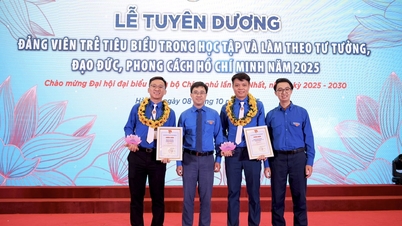







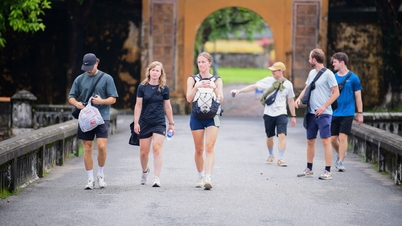






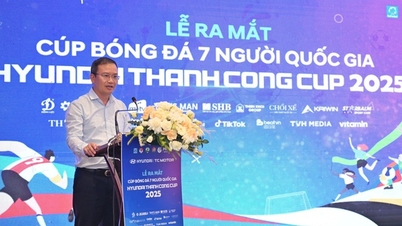



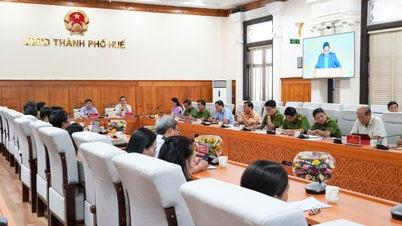



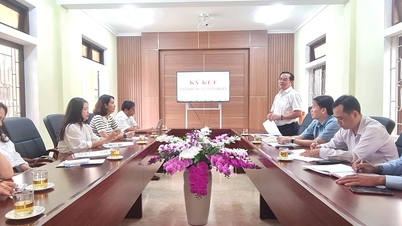















Comment (0)